The University of Divinity has graduated over ten thousand students since the very first graduation ceremony was held on 6 May 1913. Our alumni are found in every corner of the globe and every walk of life. On the evening of Tuesday 8 October, our alumni joined together to celebrate the launch of a new network to connect alumni with each other and the wider community of scholars.
At the launch of the Alumni Network the Vice-Chancellor, Professor Peter Sherlock, said:
The University has a long history since its foundation in 1910 as the Melbourne College of Divinity in preparing people for a wide variety of ministries. Since 2012, the University has developed major new projects in Indigenous theology, gender and theology, counselling and responding to the grave issues raised by the Royal Commission. We look forward to our alumni continuing to grow in diversity and applying theological wisdom in more and more contexts.
Naomi Wolfe (alumna) gave an Acknowledgement of Country:
On behalf of the growing community of Aboriginal, Torres Strait Islander and First Nations, Elders, staff, students, and now growing number of Indigenous alumnae, we welcome you here tonight and thank you for being part of this wonderful journey. The University and its member colleges have embarked on a relationship and journey that no other university has yet to begin. There is a growing number of the International Indigenous theologians and we are happy to be part of this journey. We acknowledge and pay our respects to the Wurundjeri people, the traditional owners and custodians of the land we are gathering on tonight.
Reverend Dr Robyn Whitaker (alumna) gave a guest address, reflecting on her own experience of studying theology at the University (then MCD) as a “bright-eyed, very naïve, and rather conservative 20-year-old, straight out of an undergraduate science degree” who felt a calling to become a congregational minister. Robyn praised her education at the University as having equipped her to “survive and thrive” when she embarked on a highly competitive overseas PhD program in New Testament at the University of Chicago.
Robyn said:
Until I went to Chicago I had taken for granted several key aspects of my experience at the UD. In Chicago, I met students who had never had a female lecturer or had never studied in an ecumenical environment. I realised that my experience of stellar female professors and smaller, seminar style classes that contained students from Catholic, Anglican, Uniting Church Australia and other denominations learning together was a rarity and a privilege. In contrast, several of my female friends had had no female academic role models, and many had either studied theology in massive undergraduate lecture halls of several hundred or small theological colleges with singular ecclesial cultures. Our ecumenism and long commitment to the theological education and equality of women is quite remarkable in the global context.
Remarkable too is that here you can engage in a breadth of subjects from indigenous theology, to ancient Coptic, to cutting edge feminist theology – making what is on offer at the University of Divinity unparalleled in the Australian theological scene.
Robyn celebrated the remarkable achievements of alumni across the globe:
You. We. Are world-changers. Our alumni are spiritual directors and church leaders, both lay and ordained. You have founded non-profit companies that work to stop modern slavery or with non-profits on domestic violence or indigenous advocacy. You are school chaplains, tertiary chaplains, hospital, prison, and airforce chaplains. You are medical doctors and nurses, school teachers and university lecturers and leaders of theological colleges in Asia. Some of you work in East Africa, London, Asia, Tasmania, and Geneva.
There was warm applause for Robyn’s address.
Dr Graeme L Blackman AO (alumnus) spoke of being encouraged to study theology as a healthy counterbalance to his professional work as a research scientist in the field of chemistry and reflected on his pride to be both alumnus and Chancellor of the University. He then formally launched the UD Alumni Network with a ceremonial cutting of the ribbon.
To conclude the formalities, Meg Nelson, Events and Communications Manager at the Office of the Vice-Chancellor, addressed the alumni saying:
The primary aim of this new network is to invite you to engage with, inspire and support our wider community of scholars – to have a dynamic and engaging network, inspired and perhaps run by alumni, for alumni – supported and resourced by the University.
Alumni then enjoyed the University’s hospitality and socialised, with “I didn’t realise you were a graduate!” being one of the common greetings.
Thanks to the Chancellor, Vice-Chancellor, speakers and all the alumni who attended the launch. All alumni can keep in contact through Vox and the Alumni page on the UD website. Social networks will be coming soon, and will be announced by email to Alumni who have joined the network.


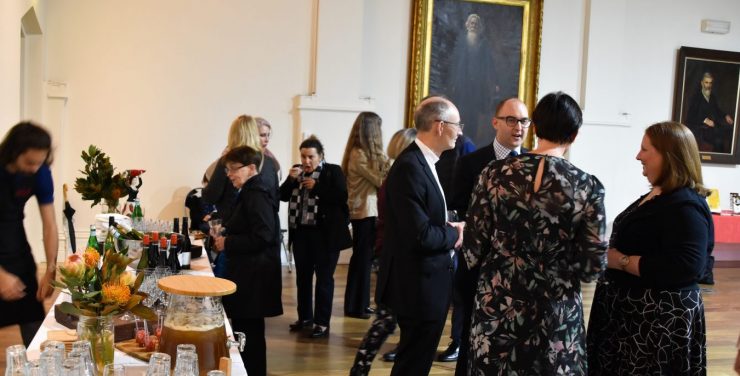
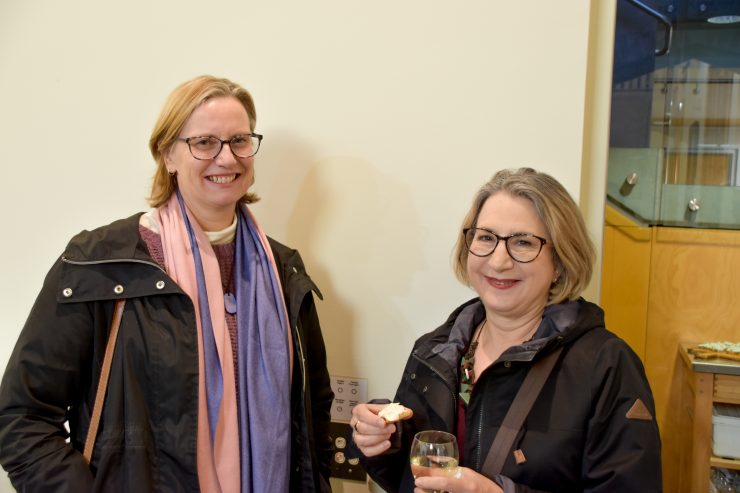
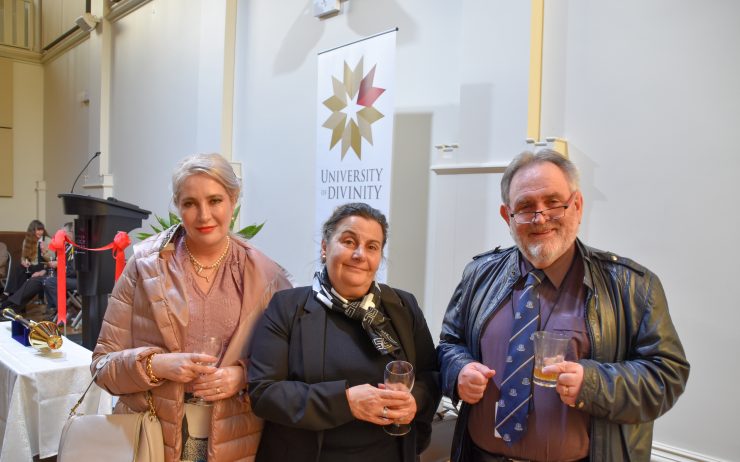
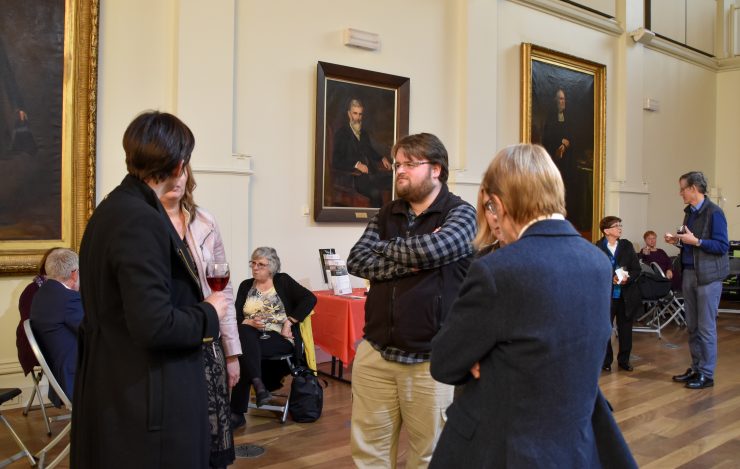
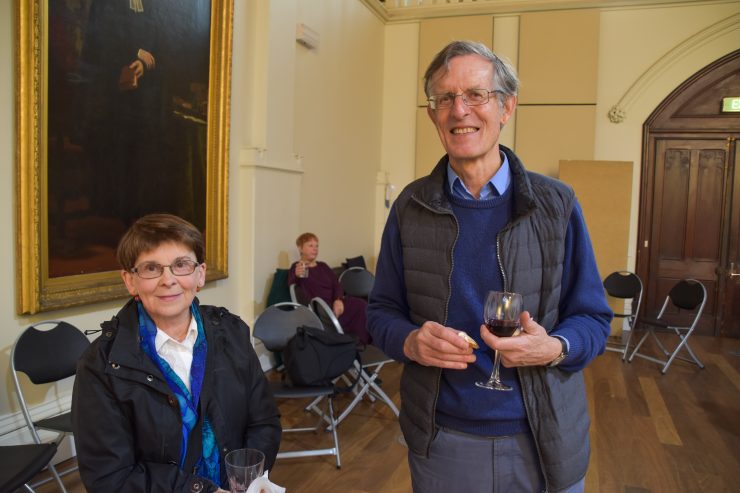
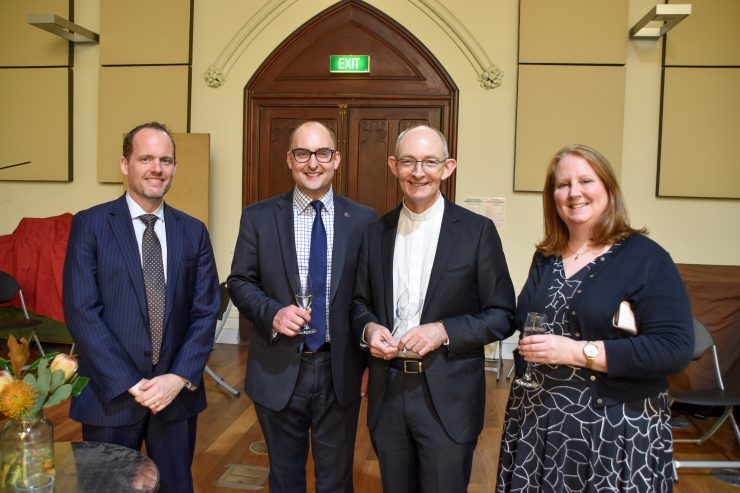
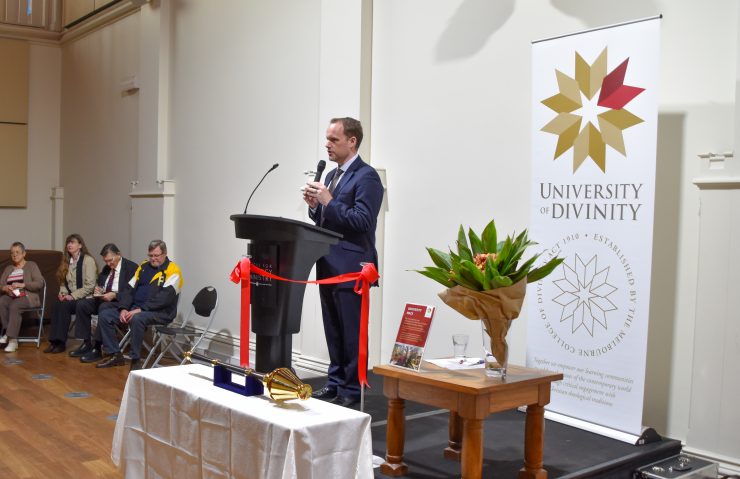
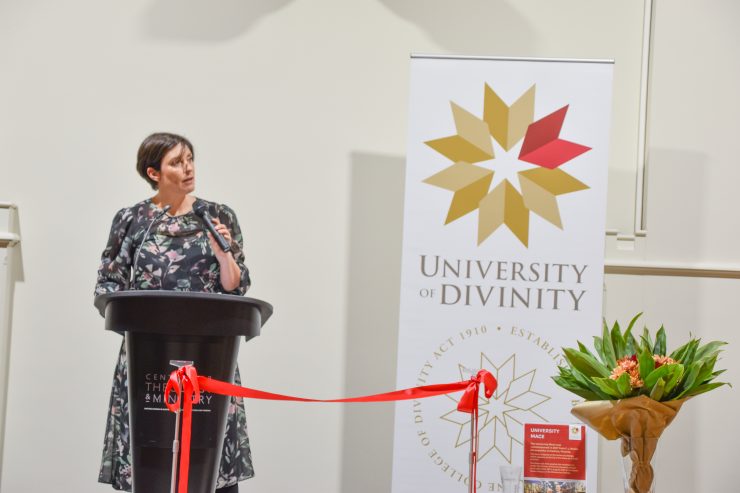
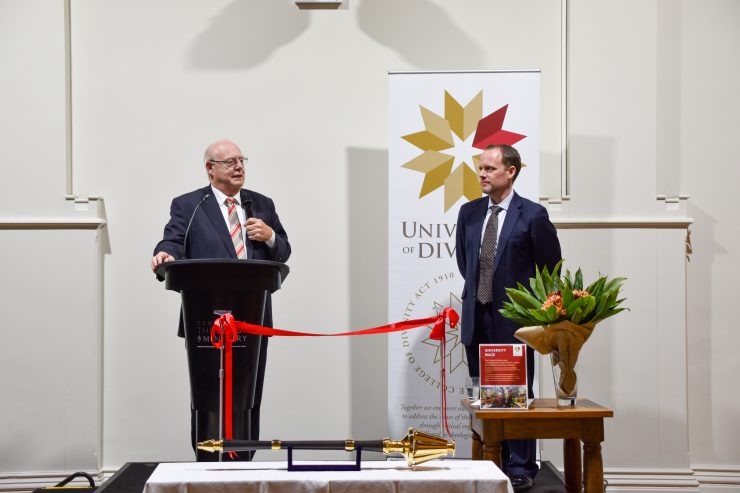
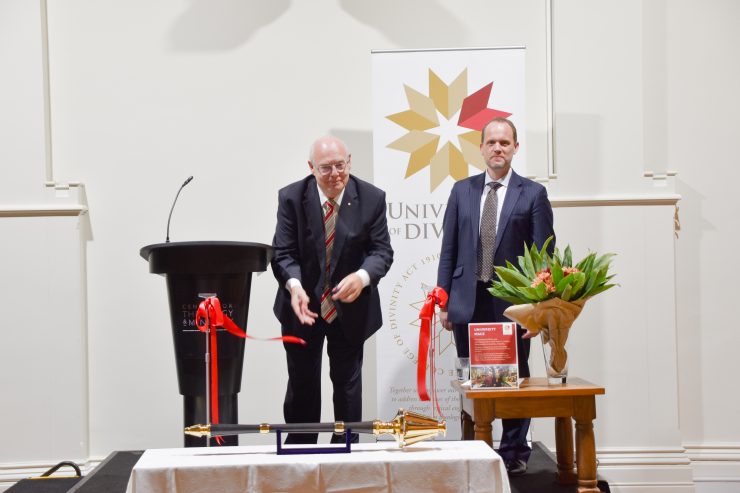

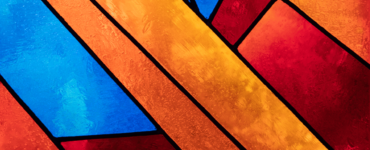
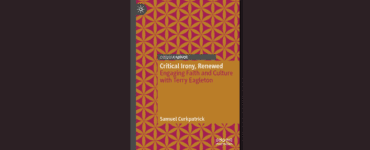
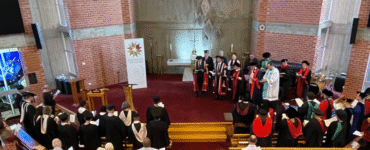
Add comment